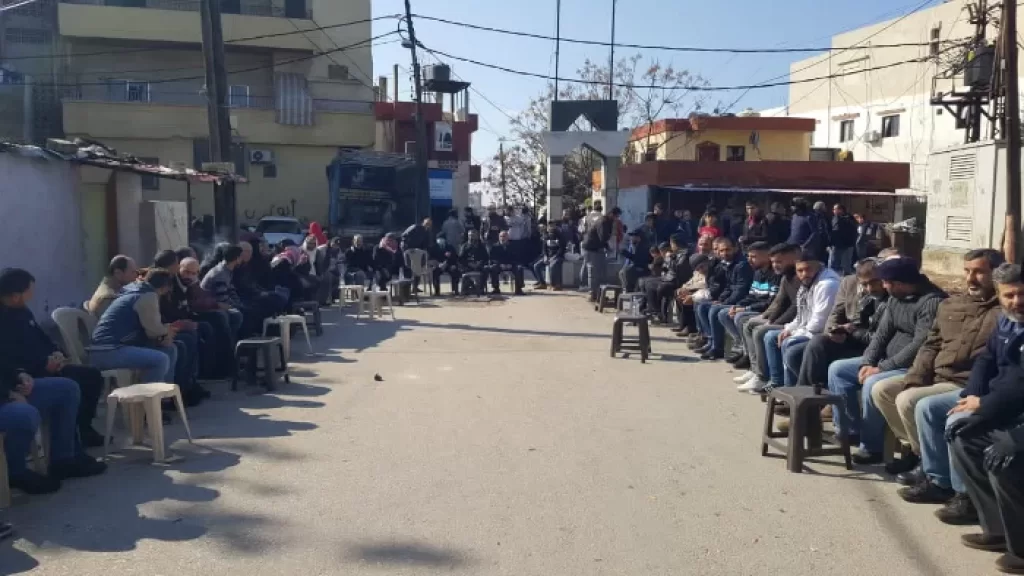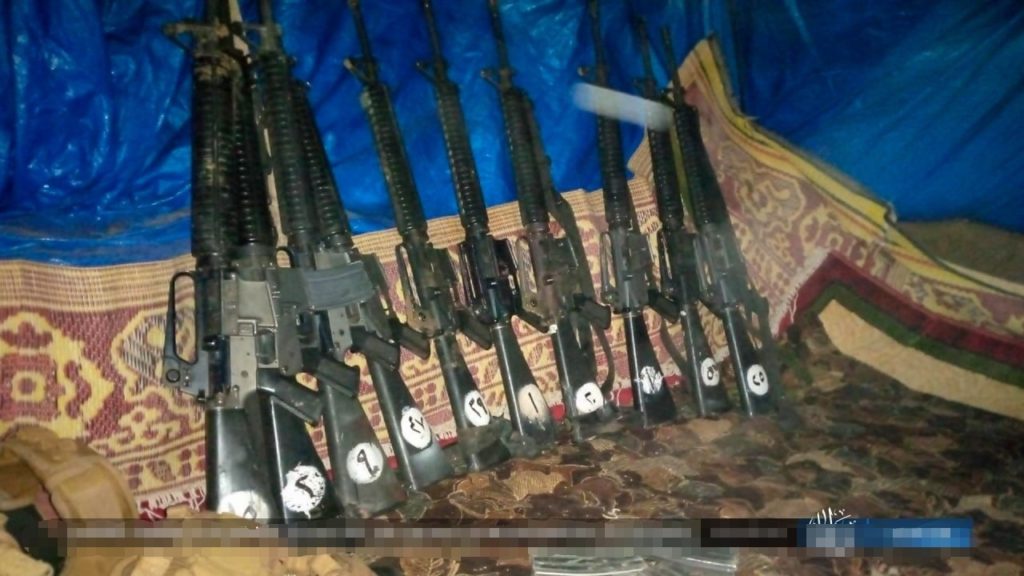The Lebanese Interior Minister said about two weeks ago that the Lebanese Internal Security Forces knew of at least 35 young Lebanese Sunnis reported missing (by their families) from different parts of the country (emphasizing the northern Lebanese region: Akar and Tripoli). According to their families, they joined ISIS in Iraq and Syria. According to Lebanese military intelligence, the number is as high as 65.
One of the consequences of the difficult economic situation in Lebanon is the recruitment of young Lebanese to ISIS in exchange for a handsome salary, part of which they send to their families in Lebanon.
On January 29, six Lebanese who joined the ISIS terrorist cells in Iraq were killed. 2 brothers (Omar and Yusuf Schidam) from Akkar. 2 brothers (Bakr and Omar Saif) from the city of Tripoli. And two more from the Tripoli area, one from the Al-Badawi refugee camp and the other from Wadi Nakhleh. An Iraqi army airstrike killed them in the area of the Iraqi city of Dali. Three other ISIS members were killed in the attack.




The six Lebanese killed belonged to the terrorist cell responsible for an attack on an Iraqi military post in the al-‘Azim area last week and the killing of 10 soldiers.

ISIS activity in Lebanon has existed since the organization’s beginning. In addition to recruiting Sunni youth activists to fight in Iraq and Syria in recent years, ISIS has also managed to establish terrorist cells in Lebanon and carry out several terrorist activities within Lebanese territory, including in the Dahieh in Beirut – Hezbollah stronghold.
The difficult economic situation combined with religious ideology constitute a supportive platform and catalyst for recruitment to terrorist organizations. ISIS has always known how to take advantage of this.






